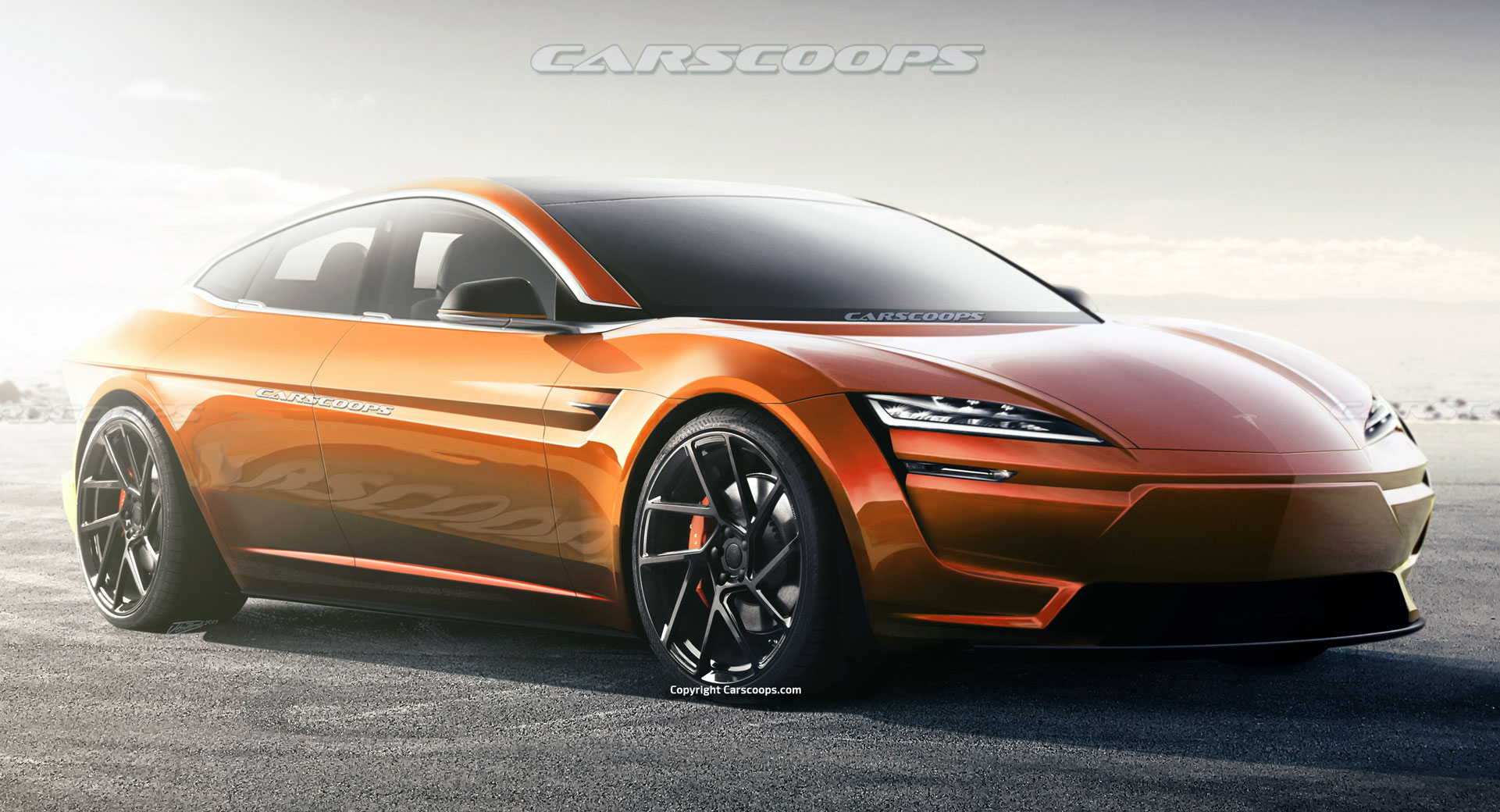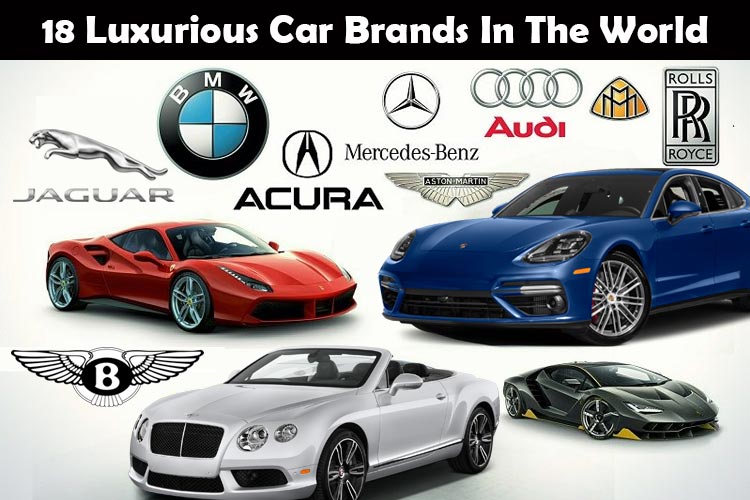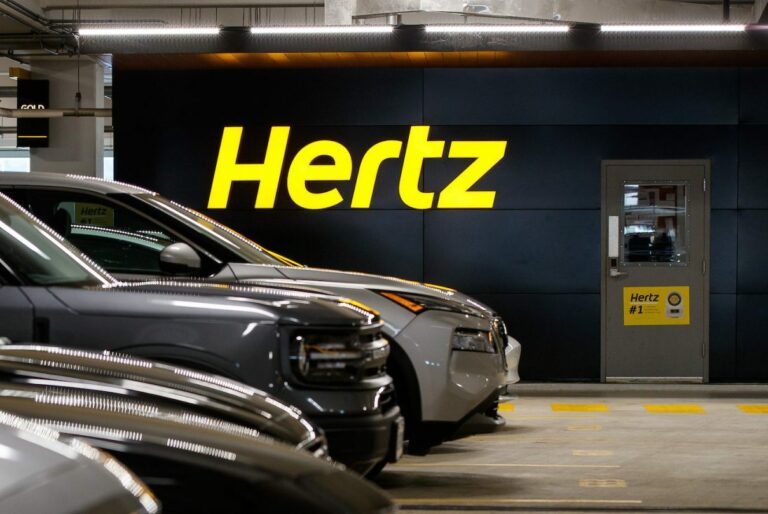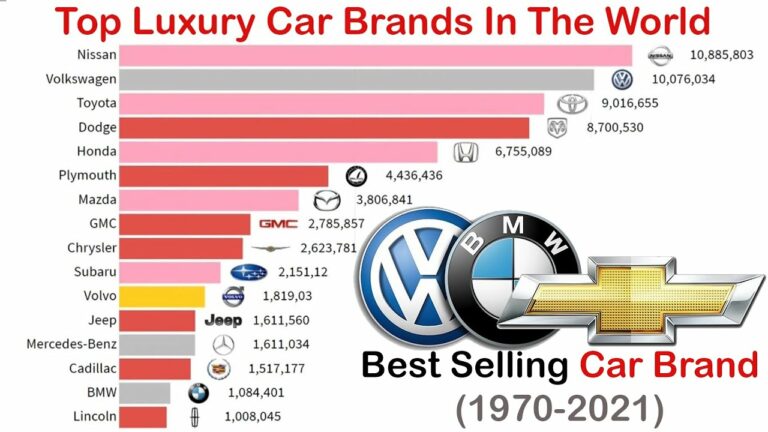Best Car Brands In USA: A Comprehensive Guide to Automotive Excellence
Best Car Brands In USA: A Comprehensive Guide to Automotive Excellence cars.truckstrend.com
The American automotive market is a vibrant tapestry woven from domestic giants, global powerhouses, and innovative disruptors. For consumers, navigating this landscape to identify the "best" car brands can be a daunting task, as "best" is often subjective, depending on individual needs, priorities, and budget. This comprehensive guide aims to demystify the concept of the best car brands in the USA, exploring the criteria that define excellence, highlighting top contenders across various segments, and offering practical advice to help you make an informed decision.
At its core, a "best" car brand excels in multiple dimensions, consistently delivering vehicles that resonate with American buyers. This includes attributes like reliability, safety, value, technological innovation, driving experience, and customer satisfaction. Understanding these facets is crucial for anyone looking to invest in a new vehicle, ensuring their purchase aligns with their long-term expectations and lifestyle.
Best Car Brands In USA: A Comprehensive Guide to Automotive Excellence
Defining "Best": Key Criteria for Automotive Excellence
What truly makes a car brand stand out in the highly competitive U.S. market? It’s a confluence of factors that extend beyond mere sales figures. Here are the primary criteria used to evaluate and rank car brands:
- Reliability and Durability: Perhaps the most crucial factor for many buyers, reliability refers to a vehicle’s ability to operate consistently without major mechanical issues over time. Organizations like J.D. Power and Consumer Reports extensively survey owners and track vehicle performance to provide insights into brand reliability.
- Safety Ratings: With increasingly advanced safety features, a top brand consistently earns high marks from institutions like the National Highway Traffic Safety Administration (NHTSA) and the Insurance Institute for Highway Safety (IIHS) for crashworthiness and crash avoidance systems.
- Value and Resale Value: A "best" brand often offers strong value for money, not just in its initial purchase price but also in its long-term cost of ownership, including fuel efficiency, maintenance, and crucially, its ability to retain value over time (resale value).
- Innovation and Technology: From cutting-edge infotainment systems and advanced driver-assistance features to pioneering electric vehicle (EV) technology, leading brands are at the forefront of automotive innovation, enhancing convenience, safety, and performance.
- Customer Satisfaction: Beyond the vehicle itself, a brand’s commitment to customer service, warranty support, and overall ownership experience plays a significant role in its reputation and consumer loyalty.
- Driving Experience and Performance: Whether it’s responsive handling, powerful engines, smooth rides, or robust off-road capability, a great brand delivers a driving experience that meets or exceeds expectations for its segment.
- Brand Reputation and Legacy: Decades of consistent quality, iconic models, and a strong brand identity contribute to a perception of excellence and trustworthiness among consumers.
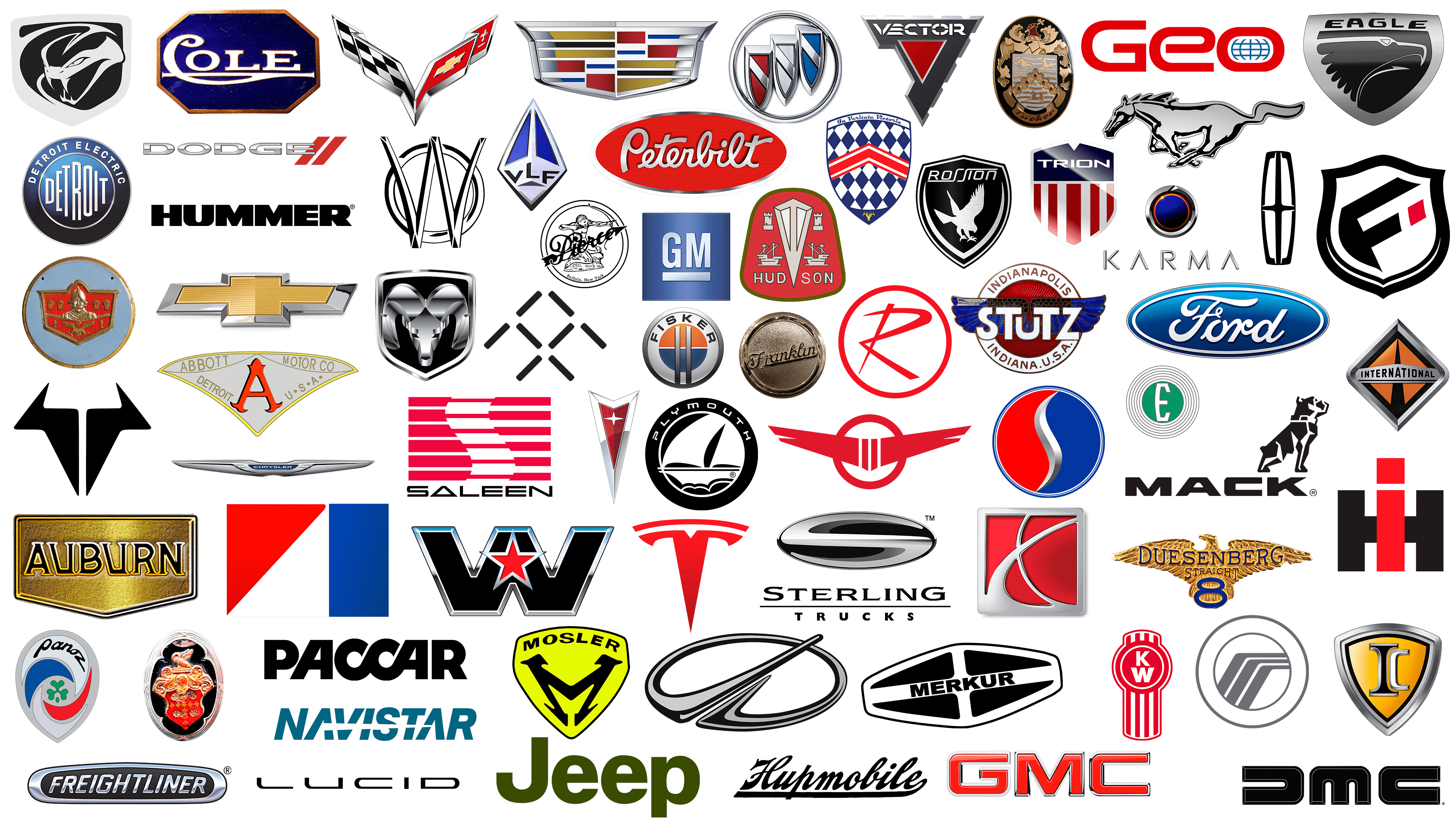
Top Contenders: A Look at Leading Car Brands in the USA
The U.S. market is diverse, and different brands excel in different areas. Here, we categorize some of the leading brands, highlighting their strengths.
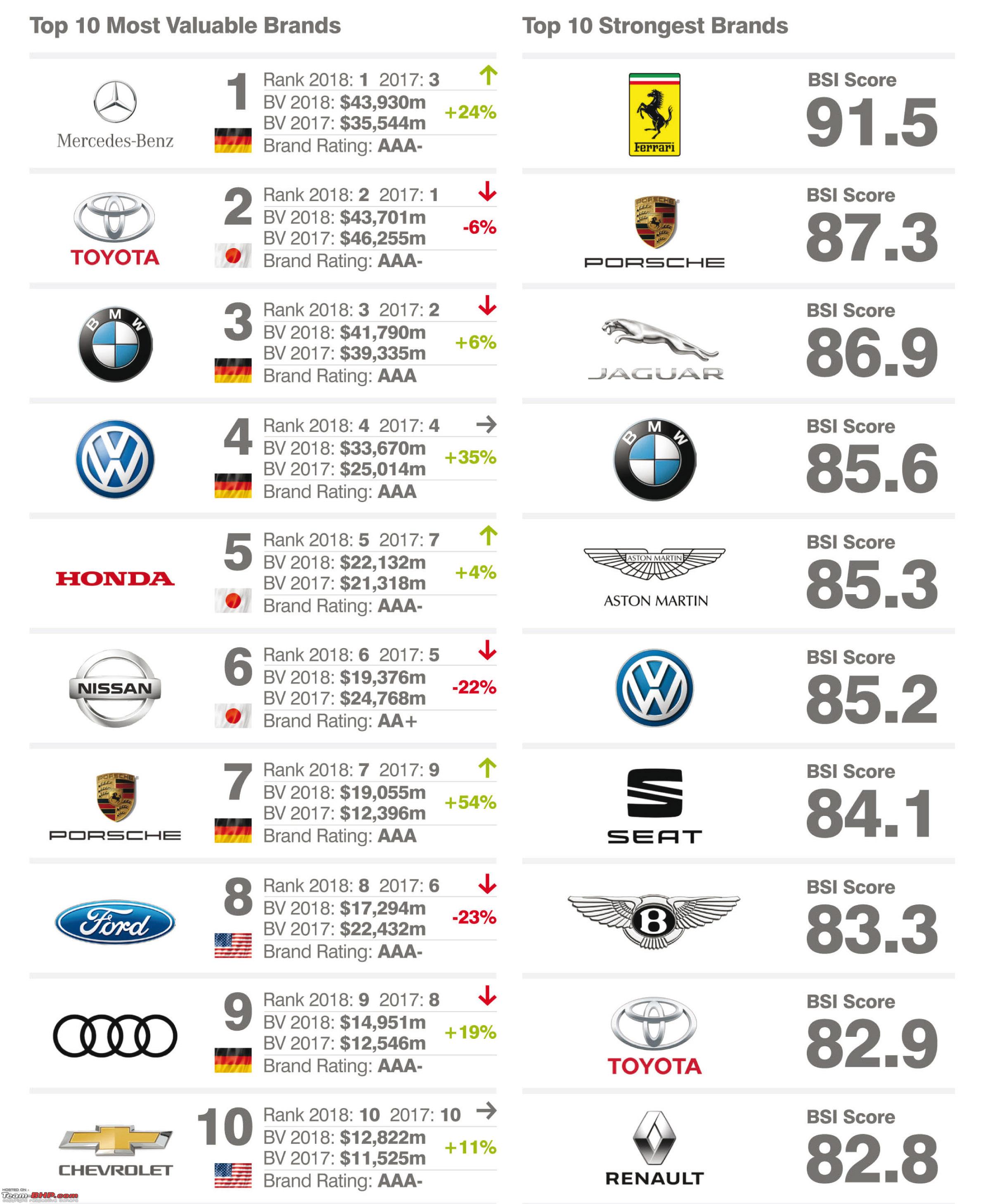
American Automotive Icons: Domestic Powerhouses
American brands have deep roots and continue to innovate, particularly in trucks, SUVs, and increasingly, electric vehicles.
- Ford: A titan of American industry, Ford consistently ranks high due to the immense popularity and capability of its F-Series trucks (the best-selling vehicle in the USA for decades). Beyond trucks, Ford offers a robust lineup of SUVs (Explorer, Escape, Bronco) and is a leader in the transition to electric vehicles with models like the Mustang Mach-E and F-150 Lightning. Their strength lies in combining traditional American utility with modern technology and growing EV prowess.
- Chevrolet: Part of General Motors, Chevrolet offers a vast array of vehicles, from economical sedans and popular SUVs (Equinox, Tahoe, Suburban) to the legendary Silverado truck and the iconic Corvette sports car. Chevy’s appeal lies in its broad market coverage, offering a vehicle for nearly every need and budget, often with strong performance and connectivity features.
- Ram: Once a part of Dodge, Ram spun off to focus exclusively on trucks, carving out a niche for powerful, capable, and increasingly luxurious pickups. Ram trucks are renowned for their towing capacity, comfortable interiors, and advanced technology, making them a top choice for both work and personal use.
- Jeep: The quintessential American adventure brand, Jeep is synonymous with off-road capability and rugged design. While still offering legendary models like the Wrangler, Jeep has expanded its lineup to include family-friendly SUVs like the Grand Cherokee and Wagoneer, blending their adventurous spirit with luxury and practicality.
- Tesla: A disruptive force, Tesla revolutionized the automotive industry with its focus on electric vehicles, advanced software, and a unique direct-to-consumer sales model. Known for their impressive range, blistering performance, and minimalist, tech-forward interiors, Tesla models (Model 3, Model Y, Model S, Model X) lead the charge in the EV segment, appealing to early adopters and environmentally conscious buyers.
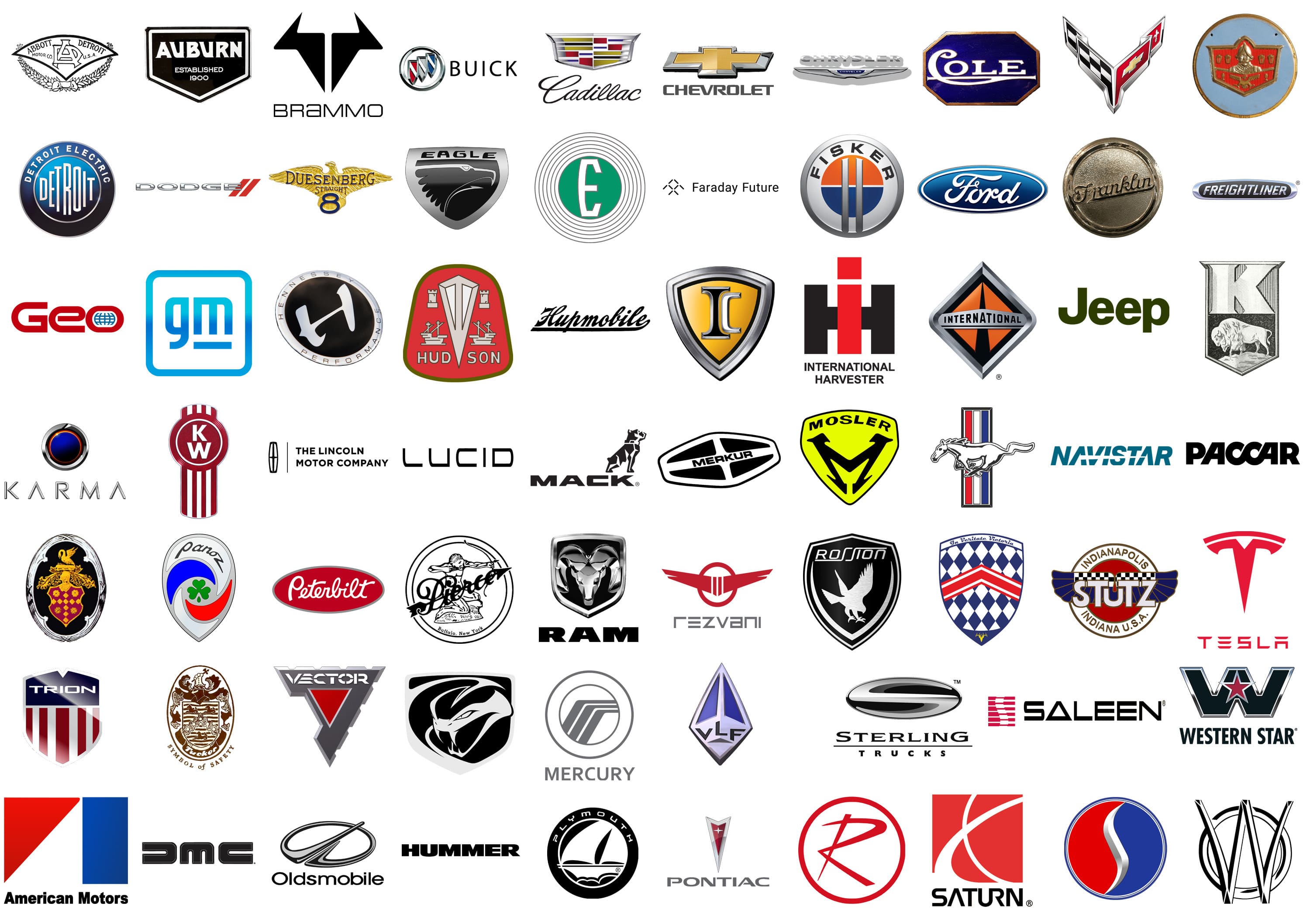
Asian Automotive Giants: Reliability and Value Champions
Japanese and Korean brands have long dominated reliability and value rankings, consistently delivering high-quality vehicles that stand the test of time.
- Toyota: Consistently lauded for its bulletproof reliability, strong resale value, and pioneering hybrid technology, Toyota is a perennial favorite. Models like the Camry, RAV4, and Tacoma are benchmarks in their respective segments. Toyota’s strength lies in its meticulous engineering, fuel efficiency, and a reputation for vehicles that simply last.
- Honda: Similar to Toyota, Honda is celebrated for its reliability, fuel-efficient engines, and intelligent packaging that maximizes interior space. Popular models include the Civic, Accord, CR-V, and Pilot. Honda vehicles are known for their enjoyable driving dynamics and practical, user-friendly designs.
- Subaru: With standard Symmetrical All-Wheel Drive across most of its lineup, Subaru appeals to buyers in regions with challenging weather and those seeking outdoor adventures. Their focus on safety (often earning top IIHS ratings) and utility, especially with models like the Forester, Outback, and Crosstrek, has fostered a fiercely loyal customer base.
- Hyundai & Kia: These South Korean sister brands have undergone a remarkable transformation, shedding their budget-brand image to offer stylish, feature-rich, and high-quality vehicles with industry-leading warranties. They provide excellent value, cutting-edge design, and a rapidly expanding lineup of competitive EVs (e.g., Hyundai Ioniq 5, Kia EV6).
- Mazda: Mazda stands out for its focus on driving dynamics, premium interior design, and sophisticated styling. While not always leading in sales volume, Mazda offers a refined driving experience, often described as "driver-centric," with models like the CX-5 and Mazda3 providing a more upscale feel than their price point suggests.
European Luxury and Performance: Refinement and Engineering Excellence
European brands often define the luxury and performance segments, known for their sophisticated engineering, opulent interiors, and dynamic driving.
- BMW: The epitome of the "ultimate driving machine," BMW is synonymous with sporty performance, precise handling, and luxurious interiors. From their iconic 3 Series sedan to their popular X-series SUVs, BMW continues to blend athletic prowess with advanced technology and premium comfort.
- Mercedes-Benz: Representing the pinnacle of automotive luxury, Mercedes-Benz vehicles offer unparalleled comfort, exquisite craftsmanship, and cutting-edge technology. Their diverse lineup, from the accessible C-Class to the opulent S-Class and a growing range of EQ electric vehicles, sets benchmarks for sophistication and prestige.
- Audi: Known for its sophisticated design, advanced Quattro all-wheel-drive system, and tech-forward virtual cockpit interiors, Audi blends luxury with sporty elegance. Their sedans (A4, A6) and SUVs (Q5, Q7) offer a refined driving experience and a strong emphasis on technology and connectivity.
- Volvo: A pioneer in automotive safety, Volvo continues to innovate with advanced protective features and minimalist Scandinavian design. Their vehicles, including the S60 sedan and XC60/XC90 SUVs, offer comfortable, elegant interiors and a strong focus on environmental responsibility and passenger well-being.
- Porsche: While primarily known for its legendary sports cars like the 911, Porsche has successfully expanded into the luxury SUV (Macan, Cayenne) and EV (Taycan) segments, bringing its signature performance, precision engineering, and premium feel to a wider audience.
How to Choose the Best Car Brand for YOU: Practical Advice
Given the myriad excellent options, selecting the "best" car brand ultimately boils down to your personal circumstances. Here’s a practical guide to help you narrow down your choices:
- Define Your Budget: This isn’t just the purchase price. Consider insurance costs, fuel efficiency, estimated maintenance, and potential depreciation. A higher-end brand might have higher associated costs.
- Assess Your Needs and Lifestyle:
- Commuting: Do you need fuel efficiency (hybrids, EVs) or comfort for long drives?
- Family: How many passengers? Do you need cargo space for strollers, sports gear, or pets? (SUVs, minivans)
- Adventure: Do you need AWD, high ground clearance, or towing capacity? (SUVs, trucks)
- Performance: Do you crave exhilarating acceleration and handling? (Sports cars, performance trims)
- Prioritize Key Features:
- Reliability: If longevity and low repair costs are paramount, lean towards brands consistently rated high in this area (e.g., Toyota, Honda, Lexus).
- Safety: Look for top IIHS Top Safety Pick+ and NHTSA 5-star ratings.
- Technology: If you want the latest infotainment, driver-assistance, or EV capabilities, research brands leading in these areas (e.g., Tesla, Mercedes-Benz, Hyundai/Kia).
- Luxury/Comfort: If a premium interior, quiet ride, and advanced comfort features are important, consider the European luxury brands.
- Do Your Research: Read reviews from reputable automotive publications (e.g., Car and Driver, MotorTrend, Consumer Reports), watch video reviews, and compare specifications.
- Test Drive Extensively: Don’t just drive around the block. Take the car on roads you typically travel – highways, city streets, and even bumpy roads if applicable. Pay attention to comfort, visibility, handling, acceleration, and how intuitive the controls are.
- Consider Long-Term Ownership: Look into warranty coverage, the availability and cost of parts, and the reputation of local dealerships for service.
Challenges and Considerations in Today’s Market
The automotive landscape is constantly evolving, presenting new challenges and opportunities for both brands and consumers:
- Supply Chain Volatility: Global events can impact vehicle availability and lead to higher prices. Be prepared for potential waiting lists or fewer negotiation opportunities.
- The Electric Vehicle Transition: The rapid shift towards EVs means new technologies, charging infrastructure considerations, and evolving government incentives. Deciding between gasoline, hybrid, or full EV requires careful thought.
- Rising Costs: Inflation, higher interest rates, and increased demand have driven up vehicle prices across the board. Budgeting carefully and exploring financing options is more critical than ever.
- Personalization vs. Standardization: While many brands offer extensive customization, the core offerings often reflect a brand’s specific philosophy. Choose a brand whose general approach aligns with your preferences.
Price Table: Representative Starting MSRPs for Top Car Brands in the USA
Please note: These are starting Manufacturer’s Suggested Retail Prices (MSRPs) for popular models within each brand as of late 2023/early 2024. Actual prices vary significantly based on trim level, options, packages, region, and current market conditions. They do not include destination charges, taxes, or dealer markups.
| Brand | Representative Model 1 (Type) | Starting MSRP Range (Model 1) | Representative Model 2 (Type) | Starting MSRP Range (Model 2) | Brand’s General Price Positioning |
|---|---|---|---|---|---|
| Ford | F-150 (Full-size Truck) | $36,000 – $85,000+ | Explorer (Mid-size SUV) | $37,000 – $55,000+ | Mainstream, Broad Range |
| Chevrolet | Silverado 1500 (Full-size Truck) | $37,000 – $70,000+ | Equinox (Compact SUV) | $28,000 – $35,000+ | Mainstream, Broad Range |
| Ram | 1500 (Full-size Truck) | $39,000 – $75,000+ | N/A | Mainstream (Trucks Only) | |
| Jeep | Wrangler (Off-road SUV) | $32,000 – $60,000+ | Grand Cherokee (Mid-size SUV) | $39,000 – $70,000+ | Mainstream to Near-Premium |
| Tesla | Model 3 (Compact EV Sedan) | $40,000 – $55,000+ | Model Y (Compact EV SUV) | $45,000 – $60,000+ | Premium EV |
| Toyota | Camry (Mid-size Sedan) | $27,000 – $37,000+ | RAV4 (Compact SUV) | $29,000 – $40,000+ | Mainstream, Value |
| Honda | CR-V (Compact SUV) | $30,000 – $40,000+ | Civic (Compact Sedan) | $24,000 – $32,000+ | Mainstream, Value |
| Subaru | Forester (Compact SUV) | $28,000 – $38,000+ | Outback (Mid-size Wagon/SUV) | $29,000 – $42,000+ | Mainstream, AWD Focus |
| Hyundai | Elantra (Compact Sedan) | $22,000 – $28,000+ | Santa Fe (Mid-size SUV) | $30,000 – $45,000+ | Mainstream, Value |
| Kia | Forte (Compact Sedan) | $21,000 – $27,000+ | Sportage (Compact SUV) | $29,000 – $38,000+ | Mainstream, Value |
| Mazda | CX-5 (Compact SUV) | $29,000 – $40,000+ | Mazda3 (Compact Sedan/Hatch) | $24,000 – $32,000+ | Mainstream to Near-Premium |
| BMW | 3 Series (Compact Luxury Sedan) | $45,000 – $65,000+ | X3 (Compact Luxury SUV) | $47,000 – $60,000+ | Premium Luxury |
| Mercedes-Benz | C-Class (Compact Luxury Sedan) | $48,000 – $60,000+ | GLC (Compact Luxury SUV) | $48,000 – $60,000+ | Premium Luxury |
| Audi | A4 (Compact Luxury Sedan) | $42,000 – $55,000+ | Q5 (Compact Luxury SUV) | $45,000 – $60,000+ | Premium Luxury |
| Volvo | S60 (Mid-size Luxury Sedan) | $43,000 – $55,000+ | XC60 (Mid-size Luxury SUV) | $47,000 – $60,000+ | Premium Luxury (Safety Focus) |
| Porsche | Macan (Compact Luxury SUV) | $60,000 – $90,000+ | 911 Carrera (Sports Car) | $120,000 – $200,000+ | High-End Luxury/Performance |
Frequently Asked Questions (FAQ) about Best Car Brands in USA
Q1: What is the most reliable car brand in the USA?
A1: While rankings can vary slightly year to year and by specific study (J.D. Power, Consumer Reports), Toyota and its luxury division Lexus consistently rank at the very top for reliability. Honda and Acura also frequently perform exceptionally well.
Q2: Which car brands have the best resale value?
A2: Generally, brands known for reliability and strong demand tend to hold their value best. Toyota (especially Tacoma, 4Runner), Honda, and Subaru are often top performers. Jeep Wrangler and certain Porsche models also retain value exceptionally well due to their iconic status and demand. Tesla vehicles have also shown strong resale value.
Q3: Are American car brands as good as foreign ones now?
A3: Absolutely. American brands, particularly Ford, Chevrolet, and Ram, have made significant strides in quality, technology, and interior refinement over the past two decades. While Asian brands still lead in some reliability metrics, American brands are highly competitive, especially in trucks, large SUVs, and increasingly, EVs, often offering superior power, towing, and rugged capabilities.
Q4: What’s the best car brand for families?
A4: Many brands excel for families, depending on needs. For practicality and space, Honda (CR-V, Pilot, Odyssey) and Toyota (RAV4, Highlander, Sienna) are excellent choices. For larger families needing robust SUVs or trucks, Chevrolet (Tahoe, Suburban) and Ford (Explorer, Expedition) are strong contenders. Subaru is great for families prioritizing safety and AWD for all-weather capability.
Q5: Should I buy an EV from a traditional brand or a new EV brand like Tesla?
A5: It depends on your priorities. Tesla offers a highly integrated ecosystem, leading-edge software, and a robust charging network. Traditional brands (e.g., Ford, Hyundai, Kia, BMW, Mercedes-Benz) are rapidly catching up, offering high-quality EVs with familiar dealership support, often more conventional interior designs, and competitive charging solutions. Evaluate range, charging speed, interior comfort, features, and overall driving dynamics for specific models.
Q6: How often do "best car brand" rankings change?
A6: While top contenders generally remain consistent, specific rankings can shift annually based on new model introductions, evolving technology, long-term reliability data, and consumer feedback. It’s always wise to consult the latest reports from reputable sources before making a purchase decision.
Conclusion: Your Journey to the Perfect Ride
Choosing the "best" car brand in the USA is a personal journey, not a universal truth. While some brands consistently excel in reliability, others lead in innovation, luxury, or sheer utility. By understanding the key criteria that define automotive excellence, exploring the strengths of leading domestic, Asian, and European brands, and applying practical advice tailored to your unique needs, you can confidently navigate the vast automotive market.
Remember, the ultimate "best" car brand is the one that perfectly aligns with your budget, lifestyle, and priorities, offering a driving experience that brings you satisfaction for years to come. Do your homework, take your time, and enjoy the ride!
